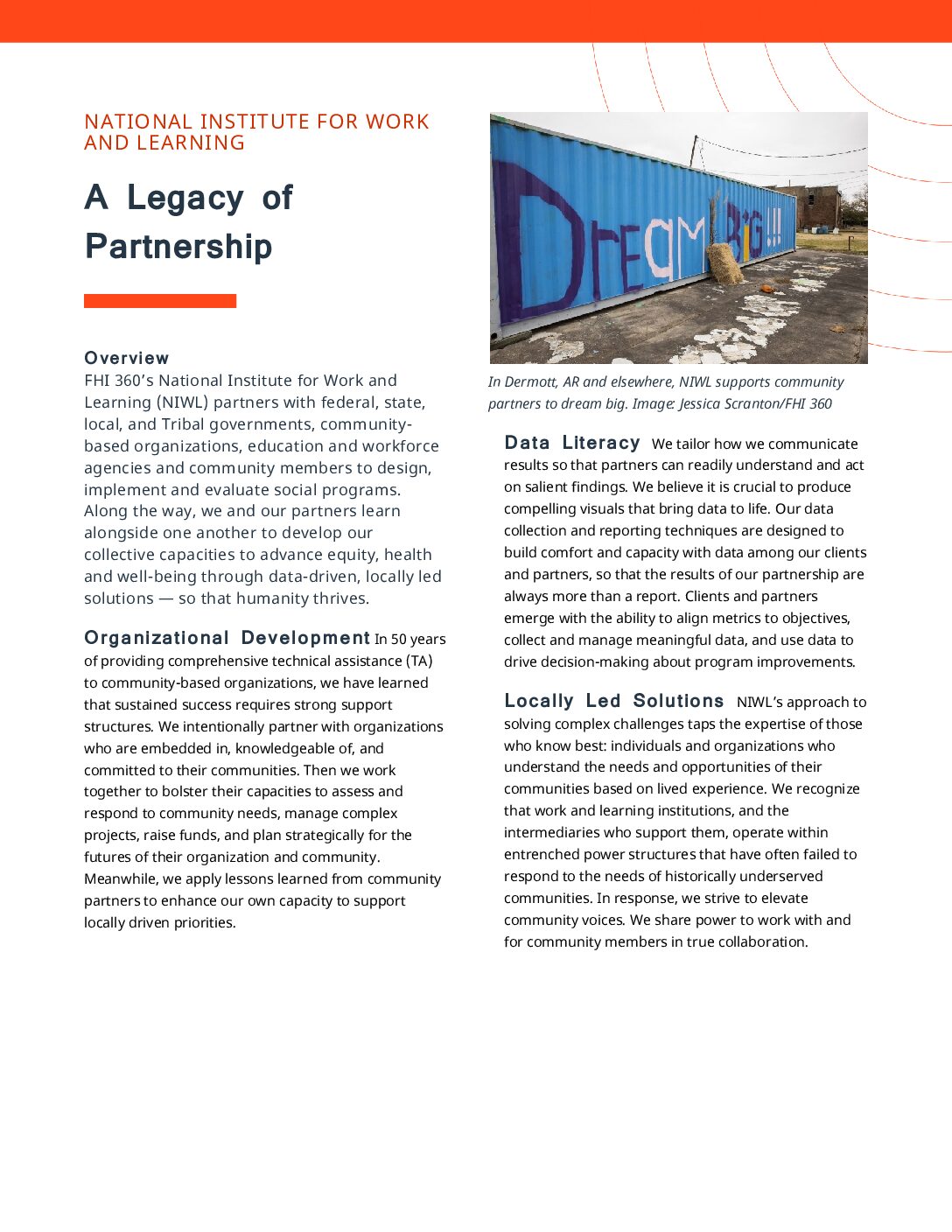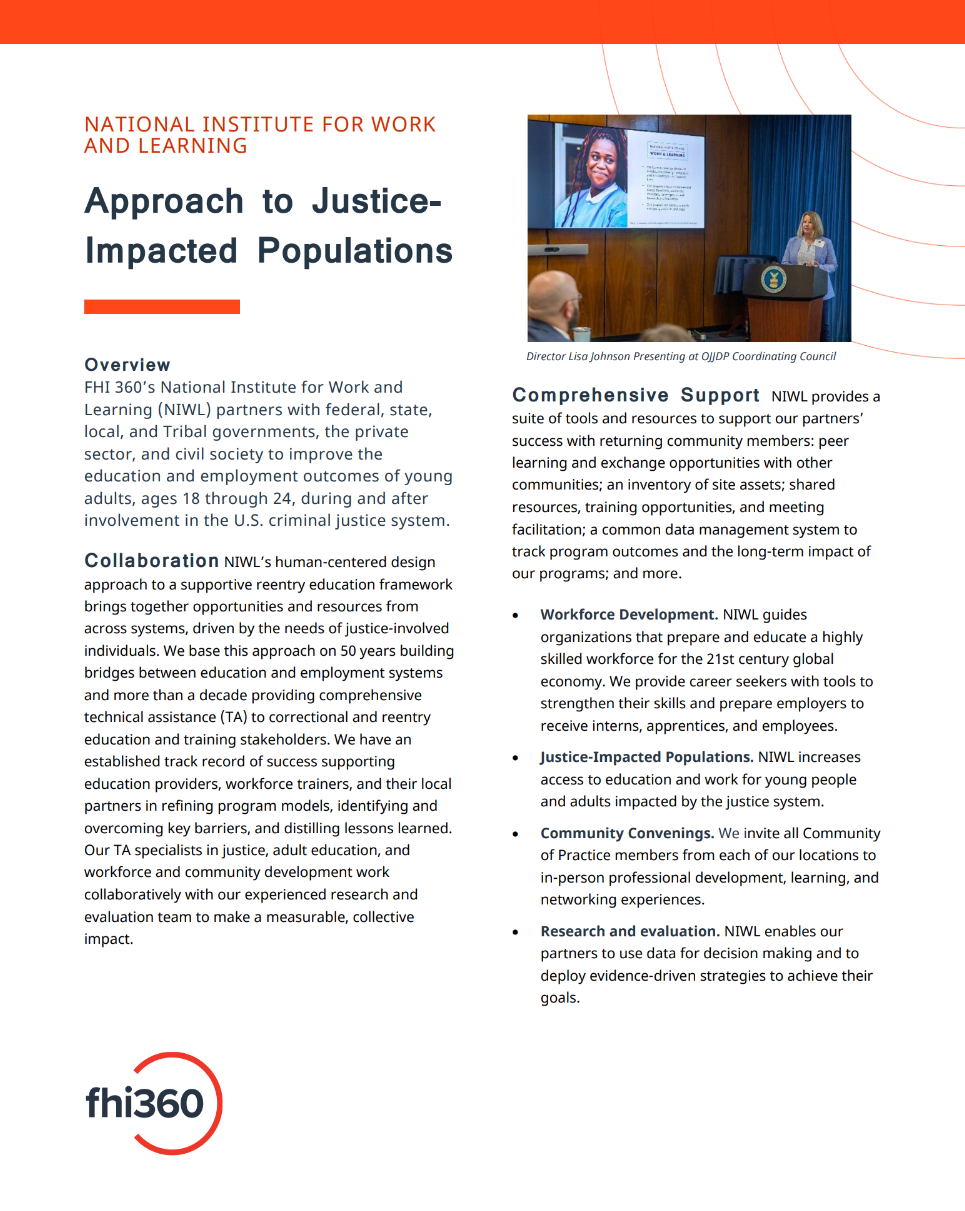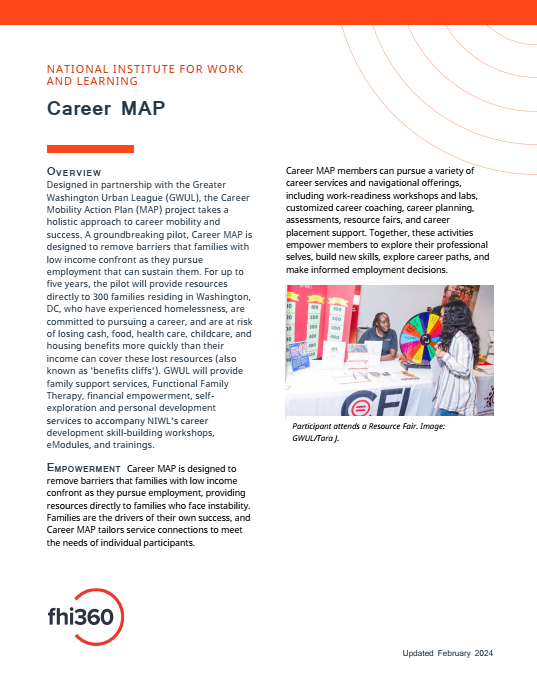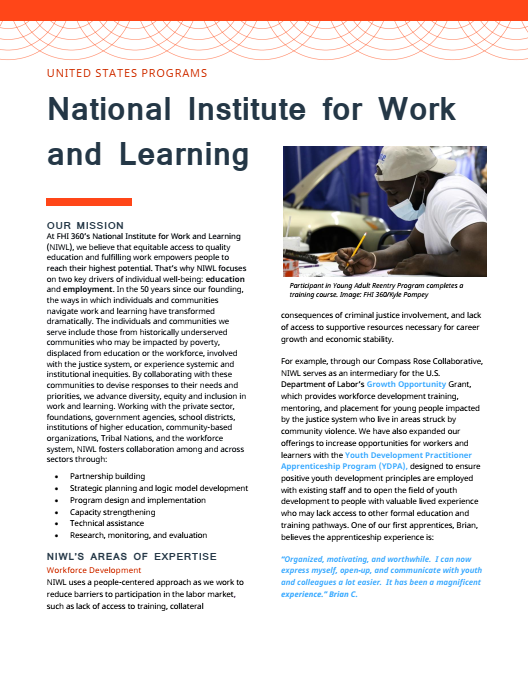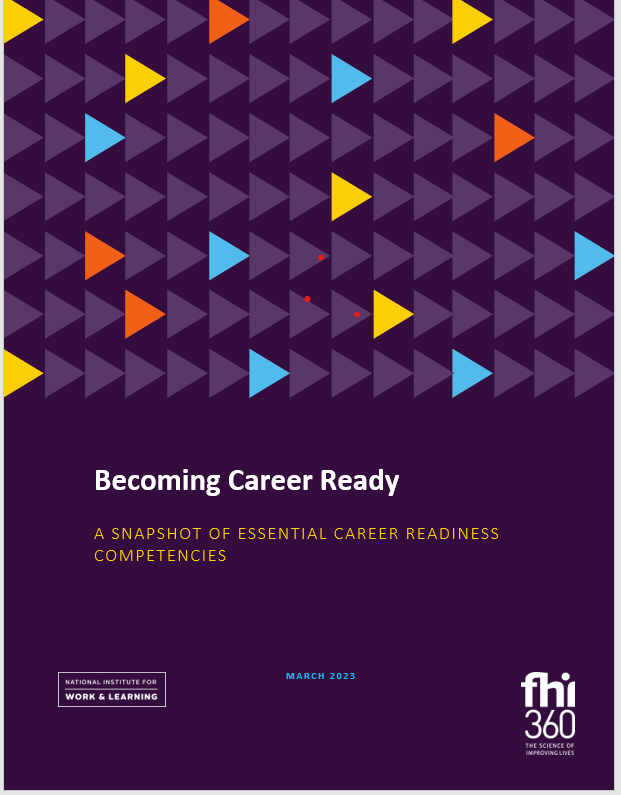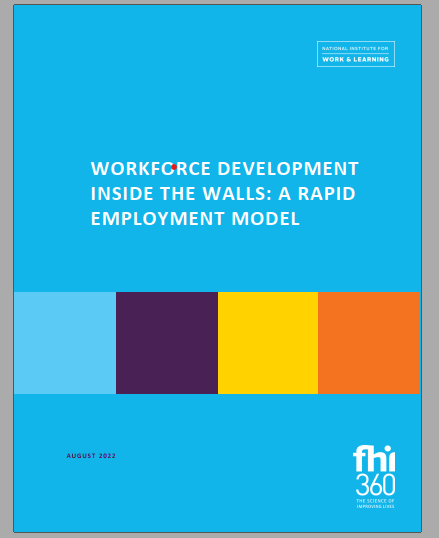For Second Chance month, we spoke to Olivia Murphy, who serves as senior career coach (and now youth program manager) for The Spot: Young Adult Opportunity Center in Louisville, KY. The story highlights how KentuckianaWorks navigates the challenges of life after incarceration, and how their impact encourages people to embrace second chances.
Read the full story to learn more.




